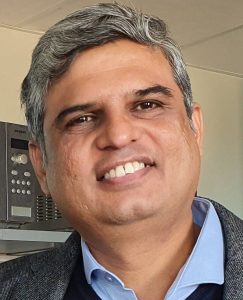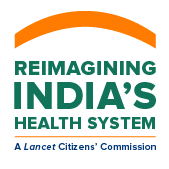In Conversation: Dr. Rakhal Gaitonde, Professor of Public Health, Achutha Menon Centre for Health Science Studies, Sree Chitra Tirunal Insititute of Medical Sciences and Technology, Thiruvananthapuram
September 14, 2022

During my medical studies I became acutely aware of the gap between what was in the textbooks and what care a majority of patients actually got. I also realized that most drugs and interventions were in fact available, but the issue was really connecting available interventions to people who need them. It thus became clear to me that a crucial part of the dream of Health for All was the system that lay between and was meant to bridge the gap between the intervention and the people who needed it. This sort of intuitive understanding became more concrete during the time I worked after my MBBS in a range of settings that led me to concretize my interest in public health and health systems in particular. Post my MD I worked with civil society groups in rural settings implementing various programs for a number of years. I then completed a PhD focussing on Policy implementation further consolidating my interest and skills in health systems research.
I bring to the commission my experience and involvement in number of community level projects focussing on community level accountability and community participation, and my subsequent academic research on the same led to a broad interest in the area of community engagement in health system governance. Subsequently I have worked on health inequity and social determinants of health with a focus on Policy.
Health is hardly a subject of public debate nor something people across groups demand accountability for. Consequently, political commitment and system capacity is low. This is further complicated by the way society is fractured along caste, class, gender, religious and other lines. In my opinion which technical resources available, the issue is not one of simple logistics (which is definitely one issue but not the only one) but of understanding the health system as a core social institution. The acceptance of this concept of social determination as well as a subsequent commitment to social impact or social effectiveness of policy and interventions, is critical to achieving UHC.
I do hope that the various activities of the commission enable the fore grounding of voices of citizens which are rarely heard and engaged with. I also hope that the commission can infuse fresh ideas and alternatives into mainstream debates. The world over mainstream market dominated models have been questioned. COVID-19 has shown the critical importance of robust public systems and the myth of self-regulation with the private sector, I do hope that collective experience of the members can pull together fresh insights to reinvigorate the debate and overcome the apathy towards achieving Health for All.
